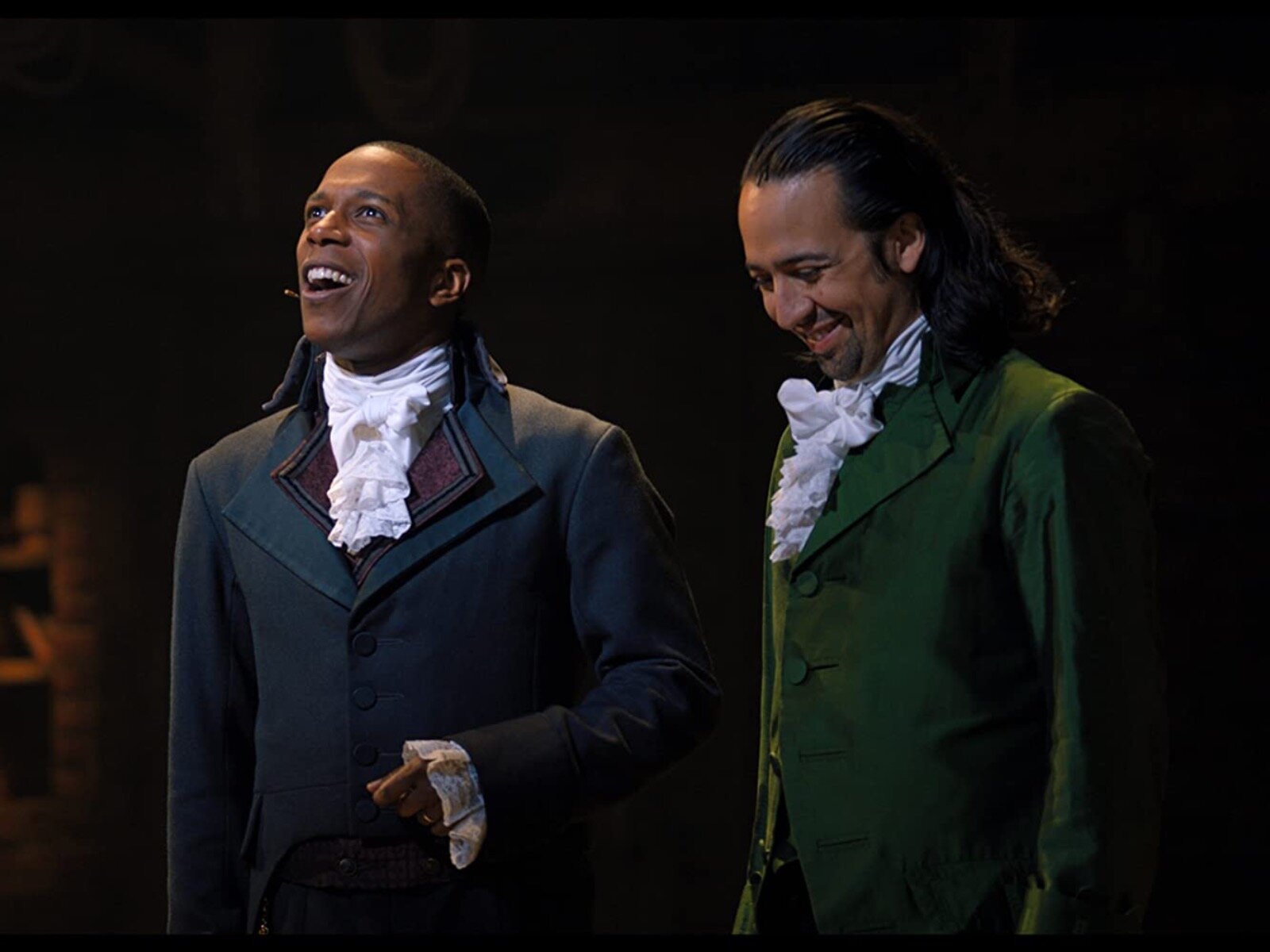If you’re planning on riffing off of one of Hollywood’s greatest director’s greatest movies, you better know what you’re doing.
In the case of the new psychological thriller "Phoenix," the classic movie clearly serving as an inspiration is Hitchcock’s "Vertigo," just widely considered one of the best movies of all time. Both films weave tragic tales of obsession, identity and ghosts living and dead, centered on a broken man desperately attempting to recreate a woman from his past – from her fashion to her hair to even her gait – through another woman, one with her own share of haunted secrets.
In lesser hands, the resulting riff could’ve merely played as a cheap exercise in homage or a faint shadow of its lofty inspiration. Luckily, the man behind "Phoenix" is the extremely talented German director Christian Petzold ("Barbara"), who smartly takes a touch of Hitchcock and bends, twists and morphs it into an impressive project all of his own, a brilliantly crafted modern post-war noir carefully cloaked in mystery and beauty that slowly but satisfyingly burns to a quiet fireworks display of a finale.
World War II may have ended, but the healing has just barely begun for Berlin – with rubble and bombed out buildings lining every block – and for Nelly Lenz (longtime Petzold collaborator Nina Hoss), a Jewish cabaret singer who emerges from the Holocaust alive but with her face disfigured, wrapped completely in bandages. After undergoing facial reconstruction surgery, she emerges a different looking woman but one still reeling from her scars, both emotional and physical. Nelly’s also still desperate to reconnect with her husband Johnny (Ronald Zehrfeld), despite the warnings from her caretaker Lene (Nina Kunzendorf) that he may have been the one who betrayed her to the Nazis and landed her in a concentration camp in the first place.
Nevertheless, war-tattered Nelly wanders through the similarly war-tattered city until she finds Johnny at the only building seemingly left alive, a red-soaked nightclub. He doesn’t recognize Nelly under her bruised new face, but he does see potential. As it turns out, Nelly had a significant inheritance, and Johnny is sure that, with a little bit of work, this new woman could pose as his assumed dead wife and help him get her money. So, like a somehow slightly more disturbed "Vertigo," Johnny begins crafting her to his image of his departed wife, all while Nelly impersonates a stranger impersonating her actual former self. It’s cold and cruel business, but Nelly finds herself playing along with the ruse, hoping to recapture her old love and her old life somewhere in the façade.
Nelly and Johnny’s struggles with their own pasts make for a nice allegory for the complicated emotions of post-war Germany overall, a place battling to reset itself and put the pieces of its idyllic memory of its past back together despite the impossibility of that task. Johnny wants to barge backward, pretending the recent sins never happened and sugarcoating the aftermath, only to damage more in the process; Nelly desperately – and dangerously – wants to as well. Much like her disfigured face, however, their past identities – whether it’s Nelly, Johnny or Germany as a whole – can be reconstructed but still irrevocably changed no matter how hard they try to ignore it. There’s only one direction for these people to go – forward – but it’s also the hardest one.
As the legendary Roger Ebert said, however, it’s not what a movie is about, but how it is about it. And even with some mildly blunt rebirth symbolism going on – the nightclub is called, you guessed it, Phoenix – Petzold manages to smoothly weave his allegory down inside what is the main event: like "Barbara," a human-scaled yet powerful slow boil of a psychological thriller. There are no big bombastic scenes of artificial drama; instead, Petzold scores surprising amounts of compelling emotional tension through carefully unfolding his deeply human characters and their mysteries and watching them cope and wrestle with hard decisions.
Much of this comes from the Hoss’ beautifully complex performance, working in perfect harmony with Petzold on their sixth film together. So much of the story rests on her face, and the German actress is more than up to the task. Even when her face is completely covered in medical wrapping, her eyes speak volumes, deeply felt layers of hurt and optimism and memories tragic and beloved all fighting through.
In the hands of a lesser actress, the role of Nelly – a woman putting herself through humiliations and dangers for the sake of a cowardly and callous thief of a man – could be frustrating and contrived (why doesn’t she just tell him who she is?). Through Hoss, though, the character’s refusal to abandon her past and the hidden layers of emotional crisis and confusion going on underneath her several identities make sense and play richly on screen. There are moments where she is essentially playing three women on screen – Nelly, the stranger Johnny thinks she is and his reborn version of Nelly – and all three, plus the tense conflict between them all, come through humanly and honestly.
Petzold wraps her beautifully captured performance with equally beautiful direction. His style is mostly minimal, bringing the focus in on his characters’ nuanced emotions, the actors’ careful, natural performances and the intimately suspenseful story they combine to tell. He still finds gorgeous, captivating and meaningful images amongst the sparely decorated rooms, eerily blank doll-headed hospital patients and night-caked bombed out streets.
With that, he successfully fits some noir and neo-noir visuals – characters and streets hidden in shadow, train smoke hauntingly wafting across a lonely train platform, the rich red Phoenix club – into the picture. As with everything Petzold does, he’s not pushy or heavy-handed with the noir stylings; instead, he works it in authentically adding to the alluringly mysterious mood of the story and the conflicted era – luxurious nightclub reds side by side with spare dusty rubble – it plays out in.
"Phoenix" combines all of that for a crackling human drama that ends on an absolute mic drop of a scene, perfectly unwrapped by Petzold and his two lead performers, Hoss and Zehrfeld (who’s also impressive finding the broken humanity in an otherwise careless man). You cannot stick the landing better. It’s always wise to end on a strong note; "Phoenix" has one of the year’s best. It’s a perfect conclusion to a great film – one born from the ashes of another great film.
"Phoenix": ***1/2 out of ****
As much as it is a gigantic cliché to say that one has always had a passion for film, Matt Mueller has always had a passion for film. Whether it was bringing in the latest movie reviews for his first grade show-and-tell or writing film reviews for the St. Norbert College Times as a high school student, Matt is way too obsessed with movies for his own good.
When he's not writing about the latest blockbuster or talking much too glowingly about "Piranha 3D," Matt can probably be found watching literally any sport (minus cricket) or working at - get this - a local movie theater. Or watching a movie. Yeah, he's probably watching a movie.







